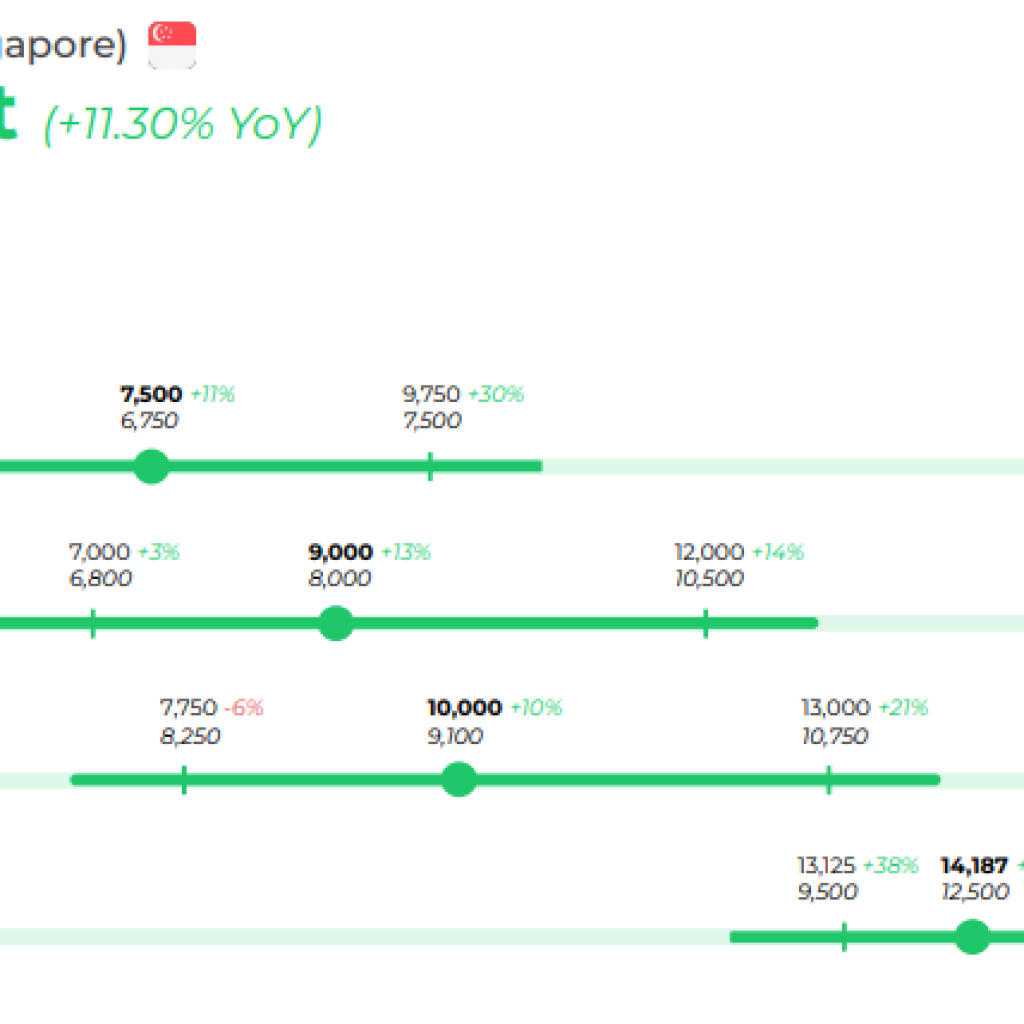In a recent series of thought-provoking posts on a prominent social media platform, cryptocurrency analyst Tuur Demeester ignited a debate over the possible impact of Bitcoin mining on the progression of artificial intelligence (AI). Demeester, an advocate of the leading cryptocurrency, posited that Bitcoin’s intensive demand for computational resources could potentially hinder the rapid development of AI technologies.
Bitcoin’s Resource Intensity: A Brake on AI?
At the core of Demeester’s argument is the contention that critical resources such as big data, electricity, and semiconductor chips are pivotal for the evolution of advanced general intelligence (AGI). Given these resources are finite and subject to intense competition, Bitcoin mining, with its substantial requirement for chips and electricity, could emerge as a significant counterforce to AI’s expansion. This perspective is premised on the notion that the Bitcoin mining industry could grow substantially, thereby creating a competitive scenario for these essential resources. Demeester’s suggestion to closely examine the expected resource demand dynamics between the cryptocurrency and AI sectors presents an intriguing viewpoint in the ongoing debate.
Contrasting opinions and the AI-Bitcoin interaction
However, Demeester’s theory has been met with varying opinions. A notable counterargument was raised by a user who suggested that Bitcoin might, in fact, accelerate AI’s development. The argument centered around AI’s ability to process Bitcoin transactions, such as managing lightning invoices, which could empower it to exert influence in the physical world by involving human intermediaries. This perspective posits that AI, through its interaction with Bitcoin, could establish a more tangible presence and influence.
In response, Demeester acknowledged that AI could indeed utilize Bitcoin as a means of engaging with humans. He favored the idea of direct hiring by AI systems, incentivized through monetary rewards, over indirect manipulation tactics. Despite this concession, Demeester expressed uncertainty about whether the utilization of Bitcoin by AI technologies constitutes an accelerant for AI development.
The ongoing debate: Impact and implications
This discussion opens up a broader conversation about the intersecting trajectories of AI and cryptocurrency technologies. The debate extends beyond mere resource allocation to encompass the broader implications of these technologies on each other’s advancement. While Demeester’s viewpoint offers a cautionary perspective on the resource-intensive nature of Bitcoin potentially slowing down AI progress, the contrasting opinions highlight the complexity and multifaceted nature of this interaction.
The discourse also touches upon the philosophical and practical aspects of AI’s role in our society and its interplay with emerging financial technologies like Bitcoin. The idea that AI could leverage Bitcoin to interact more directly with the human world introduces novel considerations for both AI ethics and the future role of cryptocurrencies.
The debate initiated by Tuur Demeester’s posts brings to light the intricate and often unpredictable ways in which emerging technologies like AI and Bitcoin can intersect and influence each other. While the discussion is far from conclusive, it emphasizes the importance of ongoing dialogue and analysis as these technologies continue to evolve and reshape the landscape of digital innovation.





